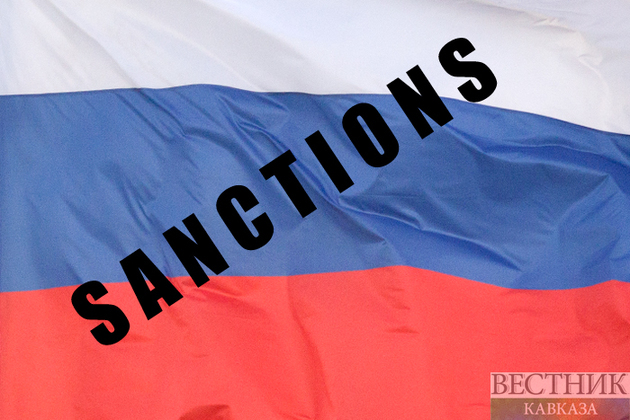European Commission head Ursula von der Leyen promised to introduce a new package sanctions against Russia this month. This would already be the tenth package of anti-Russian sanctions. New sanctions are being imposed almost every month, and every time EU must stretch its imagination to come up with new people and entities to sanction.
Machinations of rivals
The new sanctions package may include a ban on the purchase of Russian synthetic rubber, which has been an important feedstock for European tire manufacturers. The initiative to ban Russian rubber apparently came from a competitor - Poland’s Synthos Group, which is working to expand its own rubber production.
Many tire plants - particularly in Italy, Germany, the Czech Republic, Hungary and Romania - aren’t quite happy with such overt lobbying. Their production process relies on certain grades of rubber supplied by Russia, which Synthos is unable to produce. Should Russian rubber be banned completely, these plants will have to find alternatives from suppliers located further away and pay a higher price, which may lead to economic losses.
Consequences for Europe
Most Russian commodities like oil, natural gas, coal, steel, plastics, wood, etc., have already come under EU restrictions. This hasn’t had a significant impact on Russia, whose companies managed to redirect exports to China and other emerging markets, and nor did it force the Kremlin to stop military actions in Ukraine. On the contrary, these trade restrictions caused problems for Europe itself, increasing energy prices and disrupting existing supply chains.
As a result, companies including BASF, ArcelorMittal, Volkswagen, and others have been recently scaling down operations in Europe and are looking to expand to North America instead. The full ban on Russian rubber may have a similarly devastating effect on European tire manufacturers at a time when demand in Europe is already under pressure due to consumer price inflation and difficulties in the automobile industry.
A lot of European tire makers already felt the sting last year. Under political and public pressure, companies ranging from Michelin to Nokian Tyres exited Russia, where they had high-quality production facilities. They used these facilities as a base not only to supply the large local market, but also to export tires to Europe, taking advantage of the low cost of raw materials, electricity, and labor in Russia.
Sanctions against themselves
Seeking to lower supply-chain risks, some tire producers in Europe also started self-sanctioning last year. They reduced their purchases of synthetic rubber from Russia and switched to products from more distant regions like China, India, and the U.S., even if their products are more expensive due to higher shipping costs. The share of Russian synthetic rubber in EU imports fell from 53% in 2021 to 30% last year. At the same time, volumes of European tire production also dropped amid cost inflation.
Still, for many European tire plants economic efficiency remained more important than politics, and they continued purchasing synthetic rubber from Russia due to favorable terms and technological convenience. Now, the EU may force them to change the existing supply chain and face higher costs, which will put demand for their product at risk.
The idea of punishing Russia with a rubber ban may have some political significance, but economically it cannot withstand criticism. It appears that the EU may shoot itself in the foot once again, harming its own manufacturers while leaving Russia unscathed.






